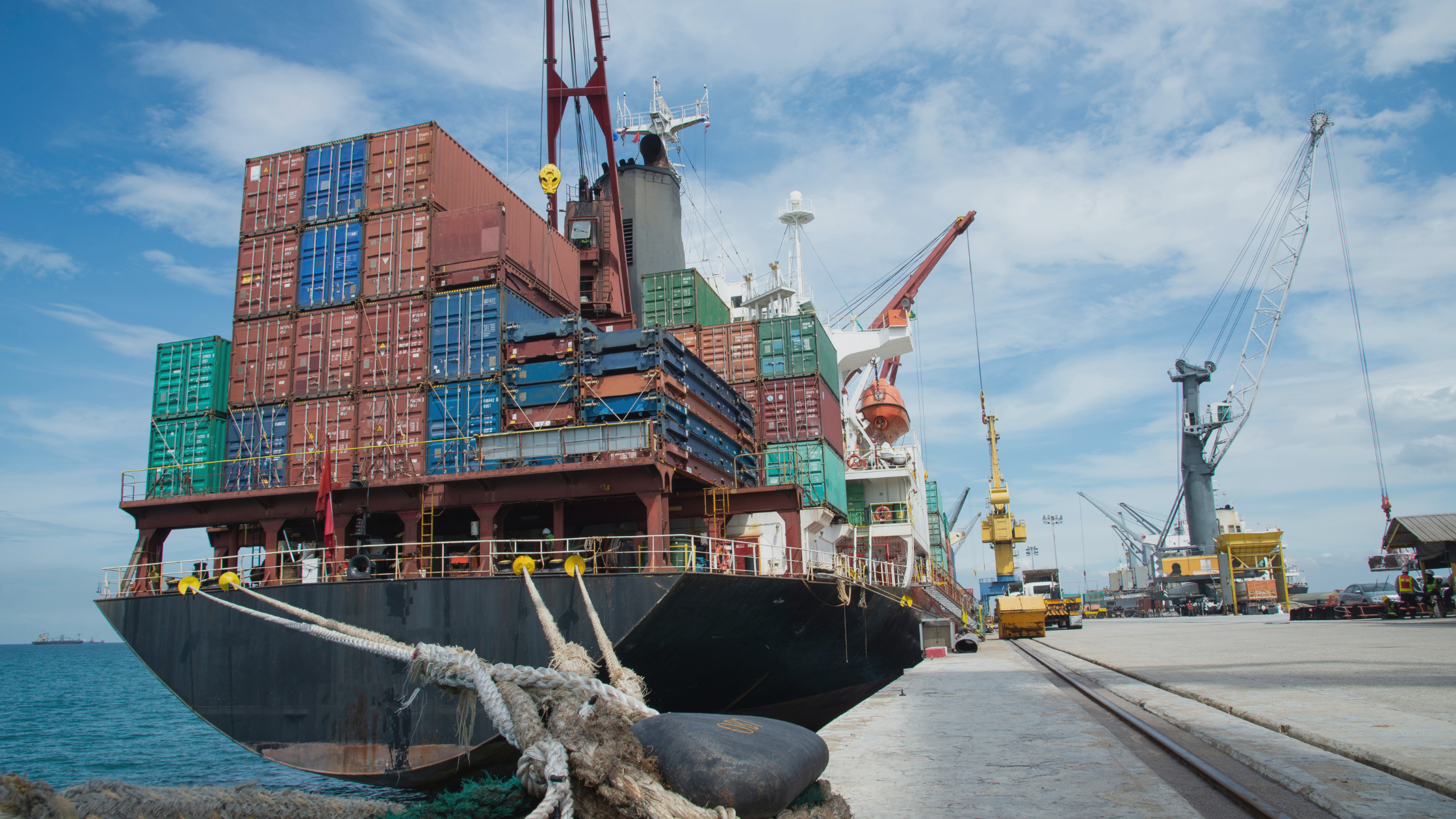In June 2025, leaders from across the liquid silicone rubber (LSR) industry came together for the annual LSR Conference to talk about new technologies, manufacturing challenges, and the shifts shaping the future of silicone products. We were proud to have Leroy Robinson, our Director of Business Development, represent us as both an attendee and a presenter.
While attending, Leroy gained valuable insight from fellow industry professionals—and had the opportunity to contribute his own perspective on how global shifts, such as tariffs and supply chain pressures, are affecting U.S. manufacturers. His presentation offered a closer look at what these changes mean for companies that depend on safe, reliable, and FDA-compliant silicone products.

Presentation: How Tariffs Affect Silicone Manufacturing
In his talk, Leroy covered several timely trends shaping the future of the silicone industry, including:
- Onshoring and supply chain restructuring
- Increasing product complexity and custom solutions
- Growing customer demand for speed, transparency, and regulatory confidence
- Operational strain caused by quoting mismatches, quality challenges, and fluctuating demand
Across his discussion, one thing stood out: manufacturers that can adapt quickly—without sacrificing quality—are the ones that will lead in this environment.
Tariffs Are Changing Customer Expectations
As tariffs and trade policies evolve, they’re having a direct effect on how customers think about their manufacturing partners. Leroy outlined how today’s buyers are shifting their expectations and putting more emphasis on:
- Speed to market
- Custom solutions
- Frequent, clear communication
- Regulatory confidence
- Partnership mindset
Manufacturers are expected to do more than just deliver a part—they’re expected to act as collaborators who can guide customers through uncertainty.
Onshoring: A Competitive Advantage for U.S. Manufacturers
As global supply chains continue to shift, tariffs remain a pressing concern. Leroy’s presentation highlighted how tariffs are reinforcing the value of onshoring—and what benefits it brings to the table:
- Transparency and trust
- Proximity and sustainability
- Improved quality control
- Shorter lead times
- Intellectual property protection
- Stronger long-term partnerships
Navigating the Challenges of Onshoring Manufacturing
Of course, onshoring also comes with its own challenges. Overseas manufacturers often offer lower upfront costs and rarely say no to a quote—making it difficult for U.S. manufacturers to compete on price alone.
So how can domestic manufacturers differentiate themselves?
- Build flexible, scalable operations
- Invest in automation and process improvement
- Align quotes with true production capabilities
- Focus on customer alignment and shared goals
By leaning into these strategies, U.S. manufacturers can deliver long-term value that goes beyond cost.
Final Thoughts
Leroy’s presentation at LSR 2025 reinforced a simple but powerful idea: disciplined processes, clear communication, and true partnership are essential to navigating global challenges like tariffs. As we continue to evolve, Extreme Molding remains committed to delivering world-class silicone products with the reliability and regulatory confidence the market demands.
Thank you to RDAbbott and the organizers of LSR 2025 for hosting another informative event. We’re proud to be part of the conversation shaping the future of liquid silicone rubber manufacturing.
Contact us today to speak with our molding experts.

